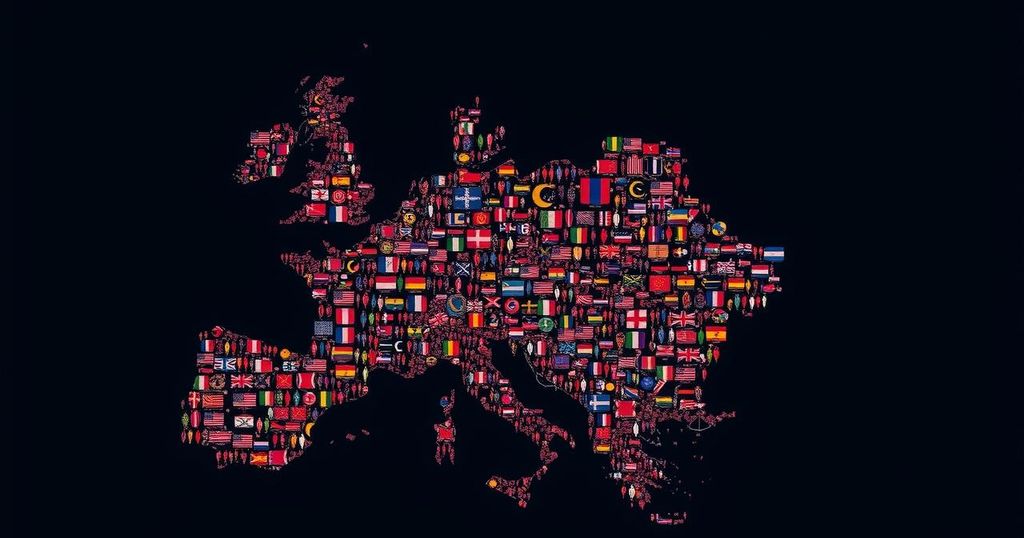EU Mandates TikTok Data Preservation Amid Allegations of Russian Election Interference in Romania

The European Union has instructed TikTok to halt data related to Romanian elections after security reports indicated Russian support for candidate Calin Georgescu. Approximately 25,000 TikTok accounts reportedly boosted his campaign shortly before a runoff election against Elena Lasconi. While Russia denies involvement, TikTok is cooperating with investigations.
The European Union has mandated the social media platform TikTok to halt and preserve data pertinent to the current electoral process in Romania. This directive follows the Romanian Supreme Council of National Defense’s recent declassification of security reports revealing that Russian entities allegedly assisted in amplifying the candidacy of Calin Georgescu. Outgoing President Klaus Iohannis ordered the declassification of these documents, which suggest that numerous social media accounts generated significant support for Georgescu prior to his advance in the initial voting round last month. Despite these allegations, Georgescu has asserted that he does not align himself as a pro-Russian candidate and is preparing to compete against centrist candidate Elena Lasconi in the forthcoming runoff election scheduled for Sunday.
The declassified intelligence indicates that approximately 25,000 TikTok accounts became increasingly active in promoting Georgescu just two weeks before the election, with around 800 of these accounts showing minimal activity until mid-November. In response to the allegations, Russia has denied any participation in the electoral process, while TikTok stated that it is complying with the European Commission’s requests for cooperation. Furthermore, the platform has reported the detection of various Romanian influence networks and has undertaken measures to eliminate suspicious accounts from its system.
The situation in Romania is characterized by growing concerns over external interference in domestic elections, notably from Russia. The discovery of coordinated actions aimed at bolstering a specific candidate raises alarms about the integrity of the electoral process. The Romanian authorities are keen to address these allegations, as the upcoming runoff election has significant implications for the political landscape in Romania. This issue underscores a broader trend of misinformation and foreign influence in democratic elections across Europe.
In summary, the identification of coordinated election interference in Romania, particularly linked to Russian support for presidential candidate Calin Georgescu, underscores the challenges facing democratic integrity in the region. The European Union’s proactive measures to safeguard electoral processes highlight the importance of vigilance against external influences. As the runoff election approaches, the implications of these findings will be closely monitored to ensure a fair democratic process.
Original Source: wng.org








